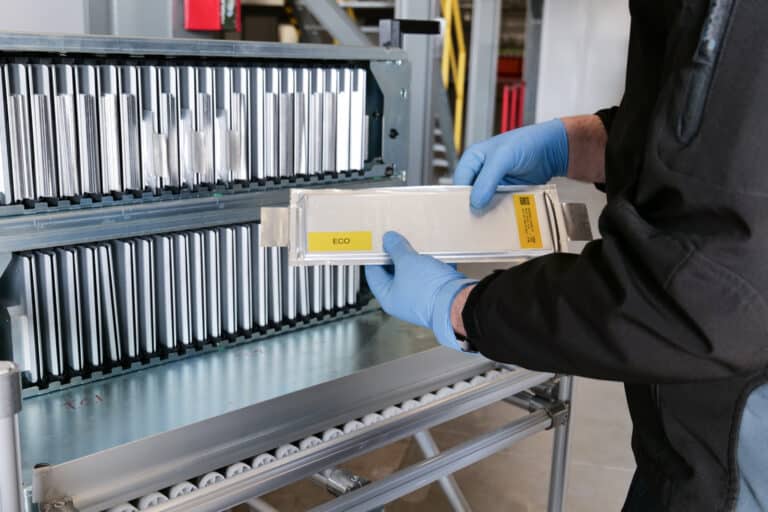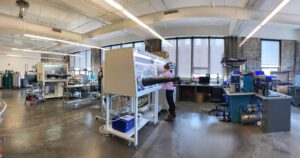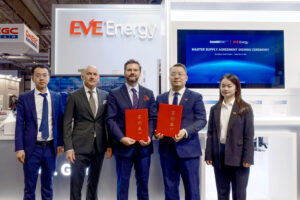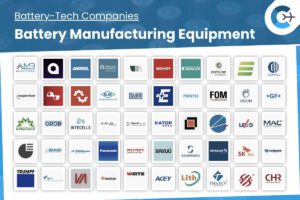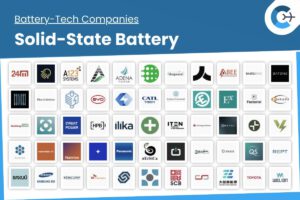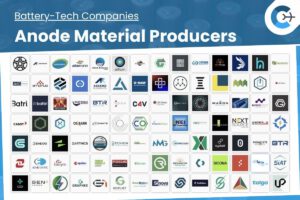Altilium, a UK-based clean technology group, announced initial electrochemical test results for the first industrial-scale assembly of EV battery cells incorporating its recycled cathode materials at the UK Battery Industrialisation Centre (UKBIC). The assembled pouch cells, produced using Altilium’s EcoCathode™ NMC811-2036 cathode active material (CAM) at UKBIC’s Coventry facility, demonstrated electrochemical performance metrics—including energy density, first cycle loss, and cycle life—comparable to cells made with conventional primary materials.
Manufacturability trials showed that EcoCathode material could be processed under the same mixing, coating, and formation conditions as commercially available CAM, with no issues observed during large-scale cell fabrication. Internal analysis indicated less than 1% variation across key performance indicators when benchmarked against a commercial standard, reflecting strong consistency in the recycled material.
Altilium’s proprietary EcoCathode process recovers over 95% of critical metals, including lithium, from end-of-life EV batteries. The recovered CAM offers environmental benefits, reduced economic costs, and manufacturing consistency. Prior independent testing by Imperial College London reported improvements in material purity, morphology, and electrochemical behavior relative to virgin materials, suggesting potential for longer battery life, faster charging rates, and lower overall costs.
The UKBIC results represent the first demonstration of battery-grade EV cells manufactured at scale in the UK using recycled feedstock, aligning with upcoming EU Battery Regulations that mandate minimum recycled content of lithium, nickel, and cobalt from 2031. Altilium plans comprehensive validation studies with a leading automotive OEM to support regulatory compliance and sustainability targets.
Altilium operates recycling and CAM production facilities in Devon and Plymouth, including the recently commissioned ACT2 plant, and is constructing the ACT3 scale-up facility with the capacity to process materials from up to 24,000 end-of-life EVs per year. These developments aim to establish a domestic, sustainable supply chain for high-performance, low-carbon battery materials in the UK.
Source: Altilium

